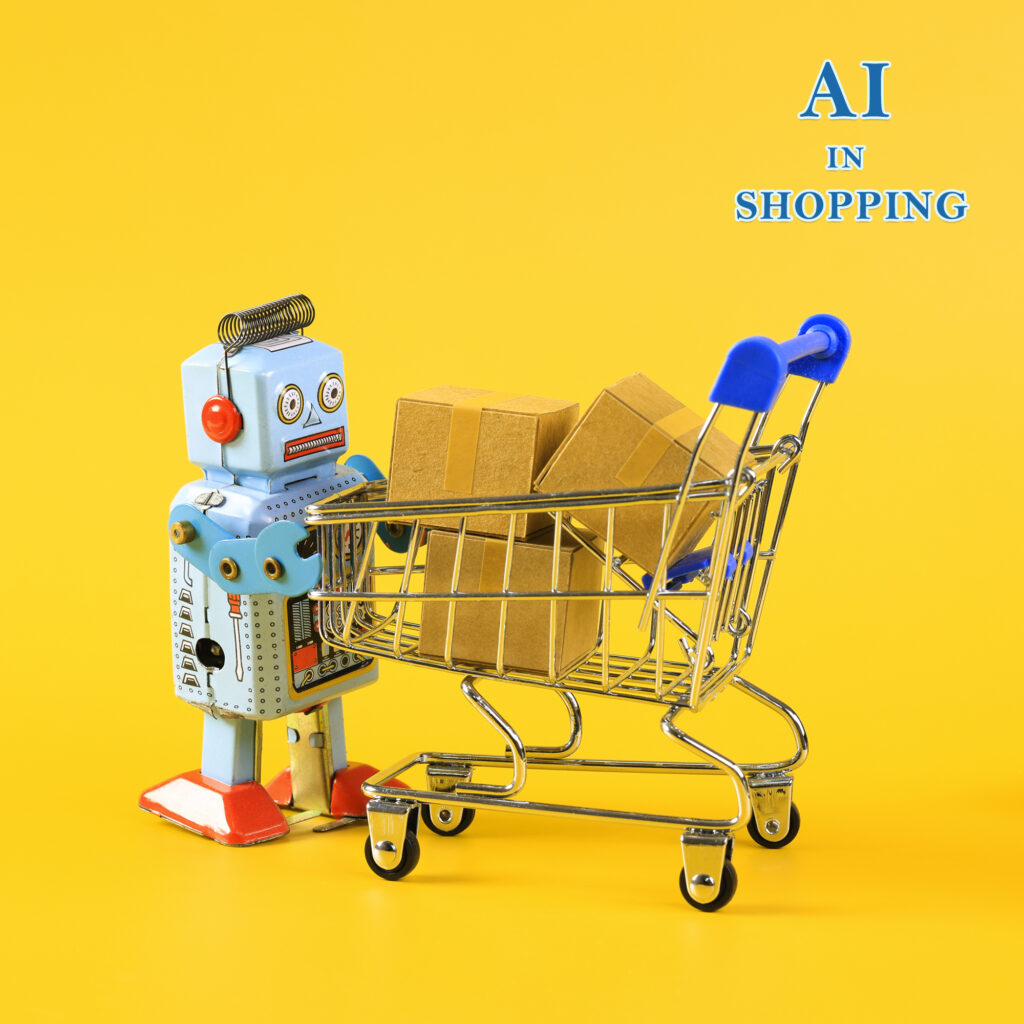The advancement of artificial intelligence (AI) over the last few years has been revolutionary, fostering an era of digital transformation across multiple industries. One domain that has been particularly impacted by this technological revolution is the landscape of online search and shopping. AI agents, or intelligent virtual assistants, are becoming an increasingly popular tool that promises to enhance and eventually replace human roles in these areas. The integration of AI into these domains seeks to offer streamlined, personalized, and efficient user experiences.
AI agents are essentially computer programs that simulate human intelligence. They have been designed to understand user requirements, learn from user preferences, and deliver relevant, individualized solutions. These capabilities are propelling a seismic shift in the way consumers access information and shop online. This article delves into the evolving role of AI agents in reshaping these areas and the possible impacts on the industry at large.
The Power of AI in Search
Search engines are the gateways to the vast trove of online information. With billions of websites and an even more immense volume of information, humans are often challenged to filter through the noise to find the most relevant content. This is where AI steps in. Machine learning algorithms enable AI agents to sift through vast amounts of data, pinpointing relevant information based on search queries and user profiles. They even consider the context of the search, giving priority to the most accurate and appropriate results.
Moreover, AI is capable of providing personalized search experiences. These intelligent agents can learn from past search histories, understand the user’s preferences, and accordingly modify future search results. This personalization streamlines the information seeking process, making it much more effective and user-friendly.
The Impact on Online Shopping
The online shopping industry is another domain where AI agents are making a significant impact. Here, AI’s capacity for personalization plays a pivotal role. AI algorithms analyze the purchasing behavior, browsing history, and preferences of individual users. Based on these factors, AI can predict the products that a user might be interested in and suggest these items proactively.
Furthermore, AI helps in providing a seamless and efficient shopping experience. Chatbots and virtual shopping assistants can assist consumers with their queries, help with product selection, and guide them through the purchasing process. They can even handle tasks such as price comparisons or checking product availability across multiple online stores. This not only saves the consumer time and effort but also makes the shopping journey more enjoyable.
The Role of AI Agents
AI agents serve as a powerful tool for both information search and online shopping. These agents can ‘learn’ about users through their online activities, creating individual profiles that facilitate personalized interactions. AI agents, acting as personal assistants, can recommend products or information that align with the user’s preferences and needs, removing the burden of choice and reducing decision fatigue.
For instance, an AI agent could track a user’s favorite book genres and authors and recommend a newly released book in a preferred genre. In the realm of online shopping, an AI agent could use a user’s past purchases and browsing history to recommend a new product or suggest a discount on a frequently purchased item.
Implications for the Search and Shopping Industries
The proliferation of AI in these sectors will inevitably have profound implications. As AI continues to refine the search and shopping experiences, companies will need to adapt to these changes. With AI-powered personalization becoming the norm, businesses that fail to offer personalized experiences risk losing their competitive edge.
Moreover, as AI agents replace human roles in these processes, there will be a shift in the skills required in the workforce. Understanding and managing AI systems will become paramount, emphasizing the importance of digital literacy and technological skills.
From a consumer perspective, the rise of AI promises a more convenient, efficient, and personalized online experience. However, it also raises questions around data privacy and security. As AI systems learn more about users, it becomes crucial to have robust measures in place to protect personal information.

Conclusion
The emergence of AI agents in information search and online shopping reflects a broader trend in the evolution of technology and its impact on society. AI is fast replacing some of the roles traditionally performed by humans, leveraging its capabilities to improve efficiency and personalization. The implications of this shift are profound, promising significant changes in the industry landscape, the workforce, and the consumer experience.
However, like any technological innovation, the rise of AI agents comes with challenges. Balancing the benefits of personalization with the need for data privacy will be paramount. Businesses and consumers alike will need to navigate this new landscape carefully, ensuring they harness the benefits of AI while mitigating the associated risks. This fascinating journey of AI evolution will undoubtedly continue to shape our digital experiences in the years to come.





